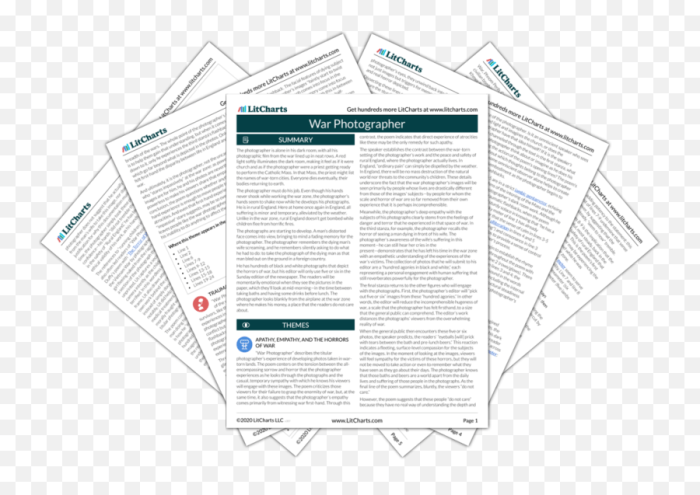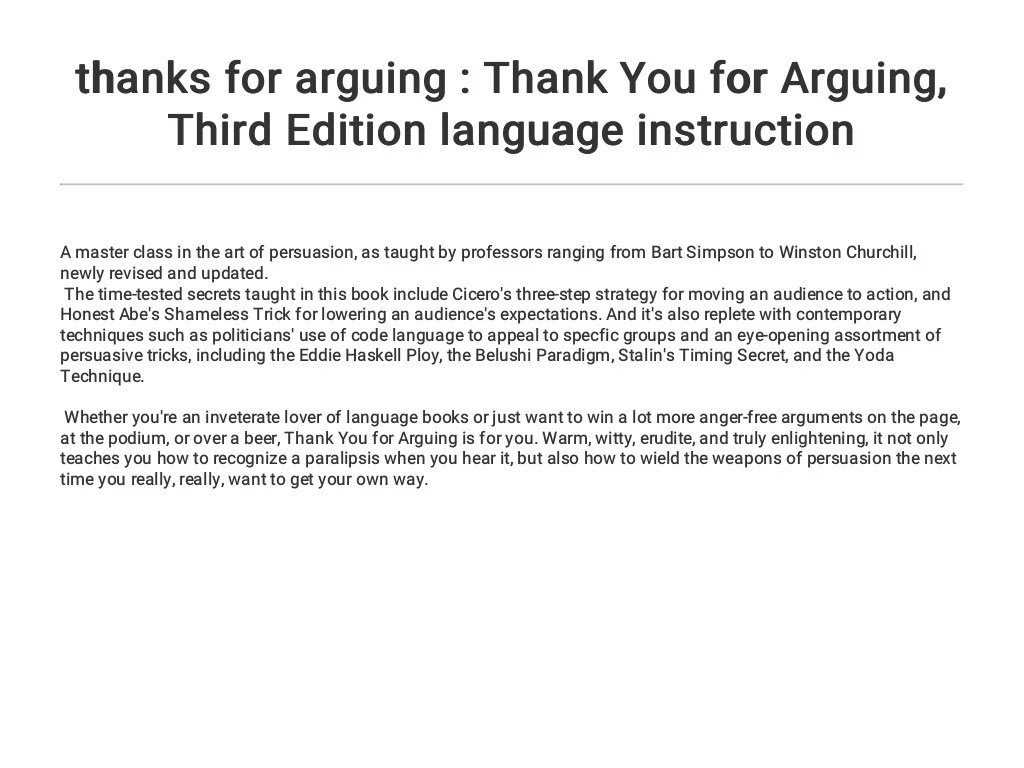Thank you for arguing annotations opens the door to a realm of insightful commentary, inviting readers to engage with arguments in a manner that sparks intellectual curiosity and deepens comprehension.
Throughout this exploration, we will delve into the art of argumentative annotations, uncovering their multifaceted benefits and unveiling practical techniques for crafting annotations that illuminate key arguments, evaluate evidence, and promote critical thinking.
Expression of Gratitude in Annotations

Expressing gratitude in annotations acknowledges the work of others and fosters a positive learning environment. It demonstrates respect for the author’s ideas and contributions, and creates a collaborative atmosphere where knowledge is shared and built upon.
- Acknowledge the Author’s Contributions:Begin by acknowledging the author’s name, the title of their work, and the date of publication. This establishes the context and gives credit to the original source.
- Express Appreciation:Use phrases such as “Thank you for sharing your insights,” “I appreciate the author’s perspective,” or “This article has been invaluable to my research.” These expressions convey gratitude and show that the annotator has engaged with the author’s ideas.
- Highlight Valuable Insights:Identify specific insights or arguments that have resonated with the annotator. Use phrases like “This point is particularly insightful” or “The author’s analysis is thought-provoking.” By highlighting valuable insights, the annotator not only expresses gratitude but also demonstrates their understanding of the material.
- Offer Constructive Feedback:While expressing gratitude, it is also important to provide constructive feedback. This could include suggestions for further exploration, alternative perspectives, or areas for improvement. Constructive feedback shows that the annotator has critically engaged with the author’s work and is invested in its development.
Benefits of Argumentative Annotations

Argumentative annotations provide numerous benefits for students and researchers:
- Enhanced Understanding:By engaging in argumentative annotations, students and researchers develop a deeper understanding of the text. They actively process the information, identify key arguments, and evaluate their validity.
- Critical Thinking Development:Argumentative annotations require critical thinking skills. Annotators must analyze the author’s arguments, identify evidence, and assess the strength of their reasoning. This process enhances their ability to think critically and make informed judgments.
- Identification of Bias:Argumentative annotations help identify biases in the text. By critically evaluating the author’s arguments, annotators can identify any biases or assumptions that may influence the author’s perspective.
- Improved Writing Skills:Argumentative annotations improve writing skills by requiring students and researchers to articulate their thoughts clearly and concisely. They must support their claims with evidence and organize their annotations in a logical manner.
Techniques for Effective Argumentative Annotations
Effective argumentative annotations require a systematic approach:
- Identify Key Arguments and Evidence:Read the text carefully and identify the author’s main arguments. Highlight key evidence and supporting points that support these arguments.
- Evaluate and Critique Arguments:Analyze the author’s arguments and evaluate their validity. Consider the strength of the evidence, the logical consistency of the reasoning, and any potential biases or assumptions.
- Offer Constructive Feedback:Provide constructive feedback on the author’s arguments. Suggest alternative perspectives, point out weaknesses, or offer suggestions for further exploration.
- Organize Annotations:Use a consistent annotation style and organize your annotations logically. Consider using color-coding, symbols, or headings to differentiate between different types of annotations.
Examples of Argumentative Annotations
| Annotation Type | Description | Example |
|---|---|---|
| Summary: | Provides a concise overview of the author’s main arguments. | “The author argues that climate change is a serious threat to human civilization and calls for immediate action to reduce greenhouse gas emissions.” |
| Evaluation: | Assesses the strength and validity of the author’s arguments. | “The author’s arguments are well-supported by evidence and logical reasoning. However, the author does not consider alternative perspectives on climate change.” |
| Critique: | Identifies weaknesses or flaws in the author’s arguments. | “The author’s argument relies on outdated data and fails to address the economic costs of reducing greenhouse gas emissions.” |
| Extension: | Expands on the author’s arguments or suggests alternative perspectives. | “The author’s analysis could be strengthened by considering the role of political and economic factors in shaping climate change policy.” |
Ethical Considerations: Thank You For Arguing Annotations

Ethical considerations are crucial in argumentative annotations:
- Avoid Bias and Personal Attacks:Annotations should be objective and fair, avoiding personal attacks or biased language. Focus on the author’s arguments rather than their personal characteristics.
- Respect the Author’s Work:Acknowledge the author’s work and give them credit for their ideas. Do not plagiarize or misrepresent the author’s arguments.
- Maintain Objectivity:Strive for objectivity in your annotations, avoiding personal opinions or unsubstantiated claims. Support your annotations with evidence and logical reasoning.
Clarifying Questions
What is the primary purpose of argumentative annotations?
Argumentative annotations aim to enhance understanding, evaluate arguments, and foster critical thinking by providing insights, highlighting strengths and weaknesses, and encouraging readers to engage actively with the content.
How can argumentative annotations improve critical thinking skills?
By identifying key arguments, evaluating evidence, and critiquing reasoning, argumentative annotations train readers to think critically, question assumptions, and form informed opinions.
What ethical considerations should be taken into account when writing argumentative annotations?
Objectivity, fairness, and avoiding bias and personal attacks are crucial ethical considerations in argumentative annotations to ensure a balanced and respectful analysis.